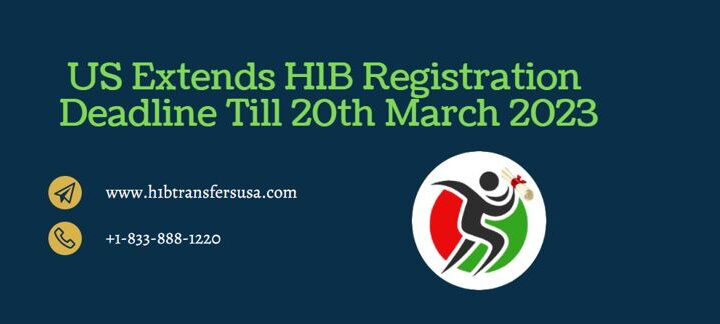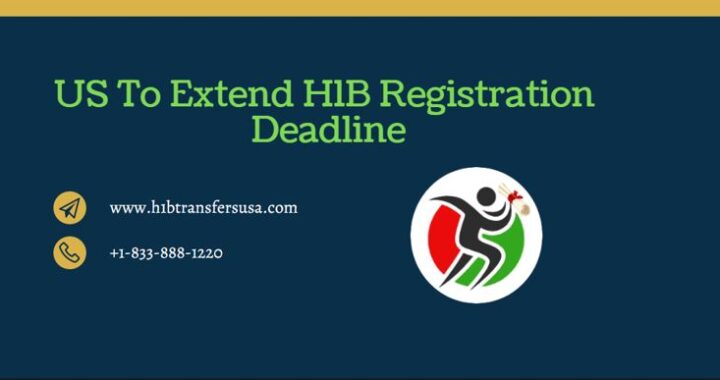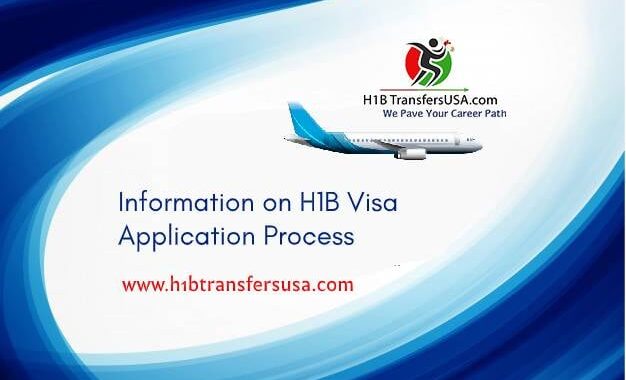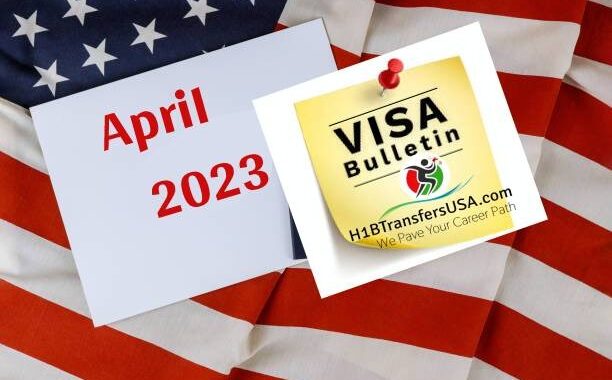USCIS Rescinds Controversial Guidance on H-1B Classification for Computer-Related Positions
2 min read
A USCIS policy memo from December 2000, supported granting H-1B classification for computer programmers and people in other related computer occupations, on the premise that at least a bachelor’s degree or equivalent was the normal minimum requirement for entry into these occupations. As illustrated in immigration regulations, occupations that require this threshold degree requirement for entry can qualify as a specialty occupation suitable for H-1B sponsorship.
The December 2000 policy memo, which remained in effect from December 2000 until March 2017, relied on the U.S. Department of Labor’s (DOL) occupational classification guidance. This expresses that most computer programmer positions require a four-year certification in computer science or a related field.
On 3rd February 2021 U.S. Citizenship and Immigration Services (USCIS) revoked a policy memorandum that, while in place, had negated long-standing agency guidance for the adjudication of H-1B petitions in computer programming and related occupations.
In March 2017, though the DOL’s occupational classification guidance has stayed steady. USCIS revoked the December 2000 policy memo, finding that it didn’t contain an accurate representation of the regulatory requirements for H-1B classification. USCIS determined that the DOL’s occupational guidance was inadequate to confirm that a position within the computer programmer occupational classification was a specialty occupation.
Also, USCIS showed that since the DOL’s summary contained more data than most. However, not all, positions within this job classification require a bachelor’s degree for entry. The agency’s guidance did not categorically support H-1B classification for these occupations. The organization further took problem with the lack of a specific list of degree fields that were related to the occupation.
H-1B Classification for Computer-Related Positions
As a result of USCIS’s change in policy, employers faced increasing hurdles in sponsoring H-1B workers in computer programmer occupations. Just as related jobs in the computer technology field. Since employers were no longer able to depend on the DOL occupational guidance. USCIS frequently requested extra information from employers on their internal hiring and recruiting practices, data on industry recruiting standards. And the expert analysis on the sponsored employees’ technical duties and qualifications. Also, the denial rates for H-1B petitions expanded during this period.
[Will the petition against H-1B visas harm you this year]
February 3, 2021, USCIS policy memo, named “Rescission of 2017 Policy Memorandum PM-602-0142,” revokes the agency’s March 2017 guidance. The agency made this move after the U.S. Court of Appeals for the Ninth Circuit overturned a USCIS decision as arbitrary and capricious.
The court overturned a USCIS denial of H-1B classification for a computer programmer occupation. Finding in part that USCIS’s characterization of the DOL’s occupational guidance was flawed. The court noticed that USCIS’s arguments followed the logic of the March 2017 guidance and that this reasoning is not entitled to deference. USCIS has shown that extra guidance will be forthcoming on the issue.






